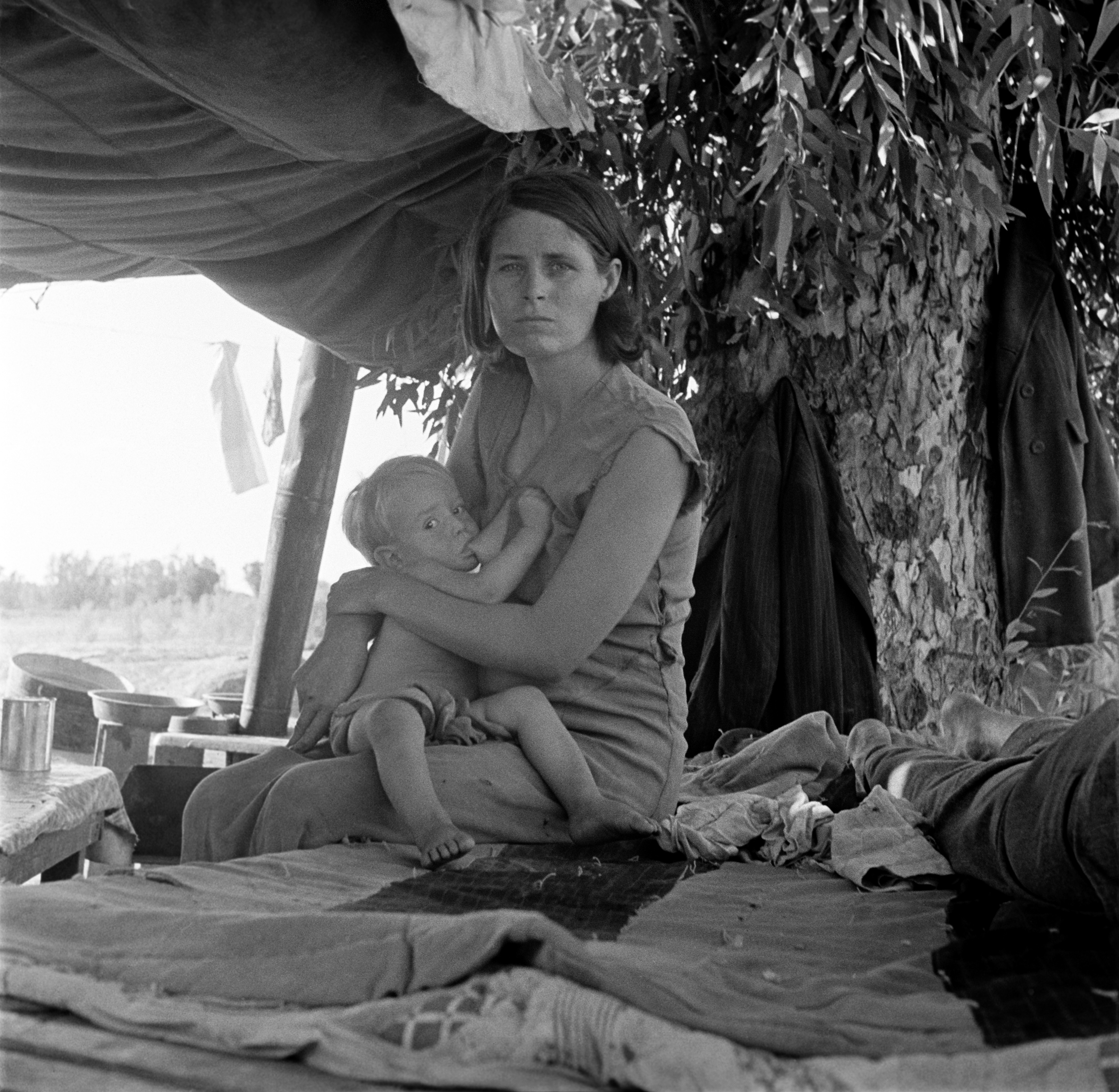One day the rains didn’t come, and the next day, and the next. Then the herds began to thirst and die, crops crumbled into the dry ground, skies still parched and empty and bearing down on a family nearing starvation.
Salvation was at hand; one brother had found their way into Egypt, and through a series of misadventures he had the ear of Pharaoh. Joseph, blessed with insight as to how to distribute the Nile’s bounty during a time of famine, saved his family from the worst a changing climate had to offer.
But in times of crisis, opportunists will arise, and so Joseph became powerful and exploited the vulnerable, in the way that you can when you’ve got something everyone else needs. A couple of hundred years later his descendants found themselves slaves of the Egyptians. When the climate turns against you it can cast a long shadow.
Centuries later, another famine swept through Israel, forcing a particular family to flee to Moab, an ancient land now in modern Jordan. Soil turning to dust underfoot, Elimelek and his family took a look back at the Promised Land and made their way towards a new life. Only one of them would return, accompanied by a widowed daughter-in-law, and yet in the face of starvation and natural disaster, those poverty-scarred survivors would go on to become the line of King David, the ancestors of the Messiah. And throughout the narrative, names conjure images of emptiness and fulfilment, famine and harvest. The dust of a vicious climate coats the whole story.
There are other examples; a famine striking the Romans Empire in Acts 11, prompting the infant Church to pool together resources and distribute aid; the climatic conditions that drive Abraham into conflict with Pharaoh: Joel’s locust swarm that forms the backdrop to his great prophecy of the coming of the Holy Spirit. The environment is Scripture’s silent backdrop that nevertheless shapes events and people and the work of God. We can’t ignore it.
Nor can we ignore the 20 million climate refugees thought to be on the move today. We can’t ignore those whose water supplies are polluted, or whose food sources are dying, whose homes have tides lapping at their door, whose churches are facing a Noah’s Ark scenario of their own. We argue about how and why these things happen, but we forget the people. When it comes to theology we seem to spend more time debating the eschatology of the Anthropocene, its mechanisms and its imagined idolatries, than we do in serving those most affected by a changing climate. Faith and history will both judge us for that.
In his latest book, Rob Bell highlights the danger of reading the Bible as if it’s about the past or the future but not the present. We can’t ignore how the stories we read throughout the Bible intersect with what’s going on in the world around us. That’s why we need public theology. That’s why we need to speak with grace and mercy and love rather than treating vulnerable people as problems to be confronted by our dogmatism
And that’s why your church needs an environmental policy, and see the footprints in the dust and in the mud, and to know they could be our own.

